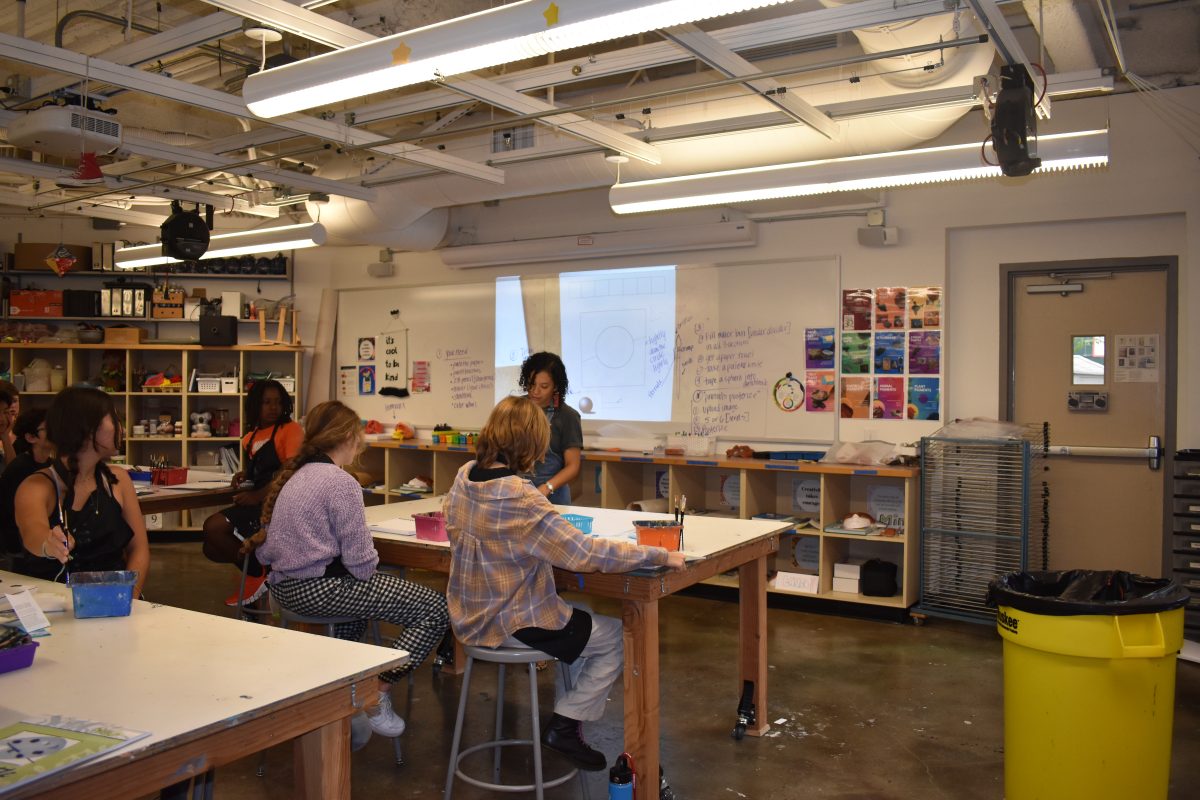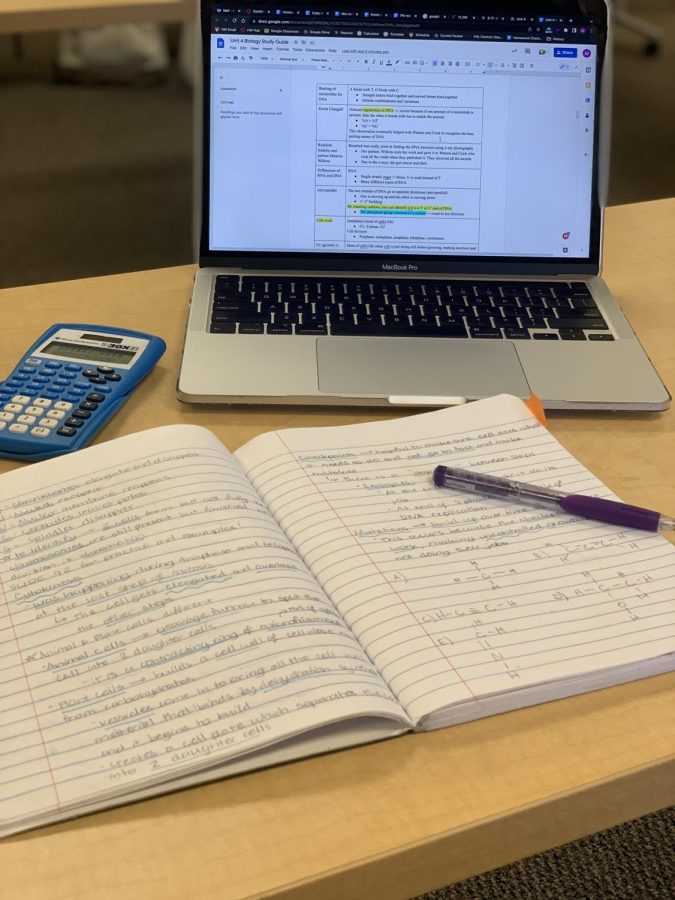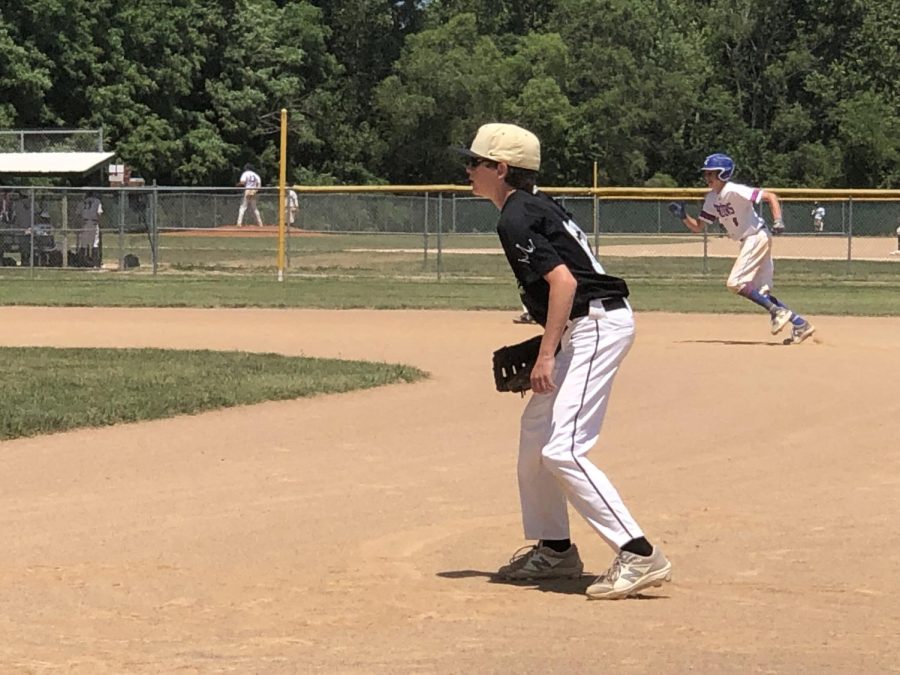As the deadly COVID-19 runs rampant in our country, our continent and our world, billions of people are being affected, but none more so than people of color. People of color are hit especially hard, particularly the Black, Native American and Latinx communities.
According to the Centers for Disease Control and Prevention (CDC), Black people in the United States are 4.7 times more likely to be hospitalized for COVID-19 than their white counterparts. In comparison, Native Americans are 5.3 times more likely, Latinx/Hispanic people are 4.6 times more likely and Asians/Pacific Islanders are 1.3 times more likely.
Of these communities, the Black community has been hit the hardest overall, making up 70% of total deaths in the US, but only making up 26% of the total population, according to Johns Hopkins Medicine. Other racial groups have also been hit hard, like the Native American population, but their population is significantly smaller.
Plenty of factors contribute to this wide gap between white Americans and people of color, all of which circle back to the prevalence of systemic racism and unconscious bias throughout the country.
For one thing, people of color make up a large percentage of essential workers, who must put their lives on the line during this pandemic to make a living for themselves.
Over half of the essential workers in the United States are people of color, according to Celine McNicholas of the Economic Policy Institute. While working on the front lines, essential workers are regularly exposed to the virus and at risk of transmitting it to their family and other members of the community. These workers are grossly under-appreciated, especially when they contribute to such a large portion of the economy.
People of color in the United States also generally have less access to quality healthcare. According to Rashad Robinson of The Guardian, “doctors routinely treat black people’s pain and suffering far less seriously than that of other patients. It is the result of preposterous, anti-science assumptions they hold about black people, which their medical schools and hospitals still have not forced them to unlearn, as research studies have revealed.”
Healthcare, as an industry is biased against people of color as a result of the lack of medical professionals that are also people of color and the implicit biases that many professionals have, and it leaves many Americans without the proper help they need when their lives are literally on the line. In “Just Medicine: A Cure for Racial Inequality in American Health Care” by Dayna Bowen Matthew, a lawyer, professor and civil rights specialist, she states how many physicians and others in the medical field have implicit racial biases that they are not necessarily aware of, which makes receiving medical treatment much harder for minority groups across the country.
On top of this, many minority groups have had a history of chronic illnesses passed down through generations. This alone would be an incredibly scary fact to live with, even without the threat of a virus that directly impacts the heart and could lead to cardiac disease or failure. Dr. Anthony Fauci of the National Institutes of Health said that the coronavirus crisis is shining a bright light on how unacceptable that is, because yet again, when you have a situation like the coronavirus, [African Americans] are suffering disproportionately.”
Low-grade healthcare, along with underlying health conditions, do not make a good combination and leave many people incredibly vulnerable in the face of COVID-19’s threat to their mental and physical well-being.
The current political discord and the rise of civil rights movements have also put a large strain on the psyche of many people of color. Stress can cause the body to weaken and become more susceptible to disease. A study by Suzanne Segerstrom, Ph.D., of the University of Kentucky, and Gregory Miller, Ph.D., of the University of British Columbia, allowed them to prove that “stress of any significant duration – from a few days to a few months or years, as happens in real life – all aspects of immunity went downhill. Thus long-term or chronic stress, through too much wear and tear, can ravage the immune system.”
With the new pressure being placed on citizens to become a part of the change and fight systemic racism, misogyny, and hatred, also come the added tension and anxiety that could be a contributing factor to the increased rates in colored communities.
According to the United Nations, the gap between white citizens and citizens of color is not just prevalent in the United States, but all over the world, in both developed and developing countries. France, England, Wales and most other European countries have similar to near-identical statistics to those in the US, showing that worldwide, race has an impact on medical treatment.
During these rough patches, when the world is trying it’s best to hold itself together and combat this global pandemic, it’s important to keep in mind that some may be struggling more than others and acknowledge privilege and racism in society and the impact it has on everyone, some more so than others.















